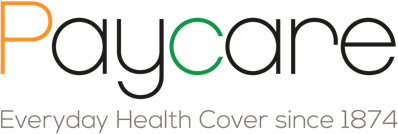
How Am I Taxed If I Return to Work After Retirement?
31 Jan 2023
Published in: Member News
If you go back to work, your earnings will be added to the other sources of income and your income tax calculation is based on your total income for the tax year.
With the rising cost of living these days, some retirees might consider that full retirement is no longer affordable or convenient and decide to return to work to supplement their income. So how am I taxed if I return to work after retirement?
If you go back to work, your earnings will be added to the other sources of income and your income tax calculation is based on your total income for the tax year.
People who have reached state pension age usually do not pay National Insurance contributions. If you return to work as an employee, it is worth making sure your employer is aware that you have reached state pension age, so they know not to deduct National Insurance contributions from your pay.
How can I make sure I am taxed correctly as an employee?
If you have other sources of income, such as from workplace/private pensions or state pension, then it will be important to make sure your tax code is correct from the beginning of your new employment.
If you do not have a form P45 to give to your new employer (which you would usually only have if you had finished another employment in the same tax year), you will need to complete a starter checklist.
What if I return to work on a self-employed basis?
If you have previously been self-employed before retirement, you might be familiar with dealing with tax as a trader. However, there are some important changes that you might not be aware of, in particular, the upcoming introduction of Making Tax Digital for Income Tax.
Under Making Tax Digital for Income Tax (MTD), most traders with gross income exceeding £10,000 a year will be required to maintain business records digitally and make quarterly reports of their business income and expenses to HMRC, along with an end of period statement and final declaration.
If you are undertaking only a small amount of casual self-employed work, then you might consider using the trading allowance. If your gross income (before deducting any expenses) from self-employed/casual work is less than £1,000 in a tax year, then the trading allowance may apply automatically, and you may not need to register your self-employment with HMRC or complete a self-assessment tax return.
Will my benefits be impacted by a return to work?
If you are a carer and receive carer’s allowance then this might be affected by a return to work, as entitlement to the benefit is limited to those with weekly earnings of £132 (after tax, National Insurance and expenses). You will therefore need to bear this earnings limit in mind if you wish to preserve your entitlement to carer’s allowance.
Hopefully we answered and gave details about “How Am I Taxed If I Return to Work After Retirement” question. For more information, don’t hesitate to give us a call and discuss further about working after retirement.
Comments
Post A Comment
You must be logged in to post a comment. Please click here to login.








